How To Build A Better Oral Health Routine

When it comes to dental health, there’s a lot you can do to reduce your risk of succumbing to troublesome teeth. Perhaps the most important thing is establishing an effective oral health routine. Here are some tips and hints to help you build a better oral health routine.
Twice-daily brushing
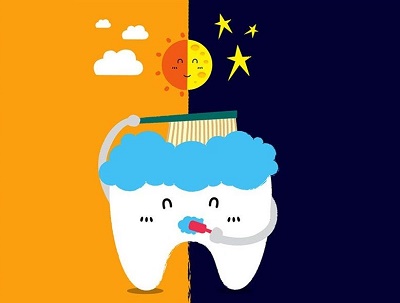
Brushing is the foundation of a good oral hygiene regime. When you brush, you remove bacteria and debris from your mouth, decreasing the chances of plaque formation. Plaque is a sticky substance that forms when bacteria and saliva combine with leftover bits of food. It is the main risk factor for both dental decay and gum disease. The advice from dentists is to brush your teeth twice a day using fluoride toothpaste. When you brush, angle the head of the brush to cover every surface of each tooth and clean along the gum line. Be thorough, but brush gently. If you brush too hard, you will wear away the enamel. If you have an electric toothbrush, you don’t need to put any additional effort into brushing. Simply guide the brush along your teeth and let it do the work for you. It’s important that you brush for long enough. Set a timer or brush along to your favourite song to make sure that you reach the two minute target.
Wait before you brush
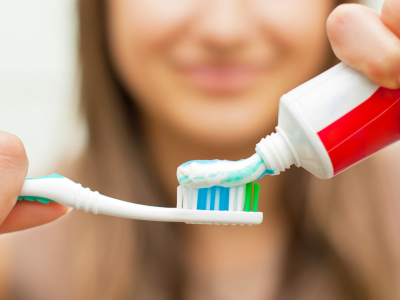
Try and make sure that you leave a gap between eating and brushing your teeth. When you eat or drink anything sugary, your tooth enamel comes under attack from plaque acids, which are released by oral bacteria. If you brush at this time, the enamel is softer than usual and you may cause damage. Wait around an hour to brush, as this gives your enamel chance to recover and remineralise.
Flossing
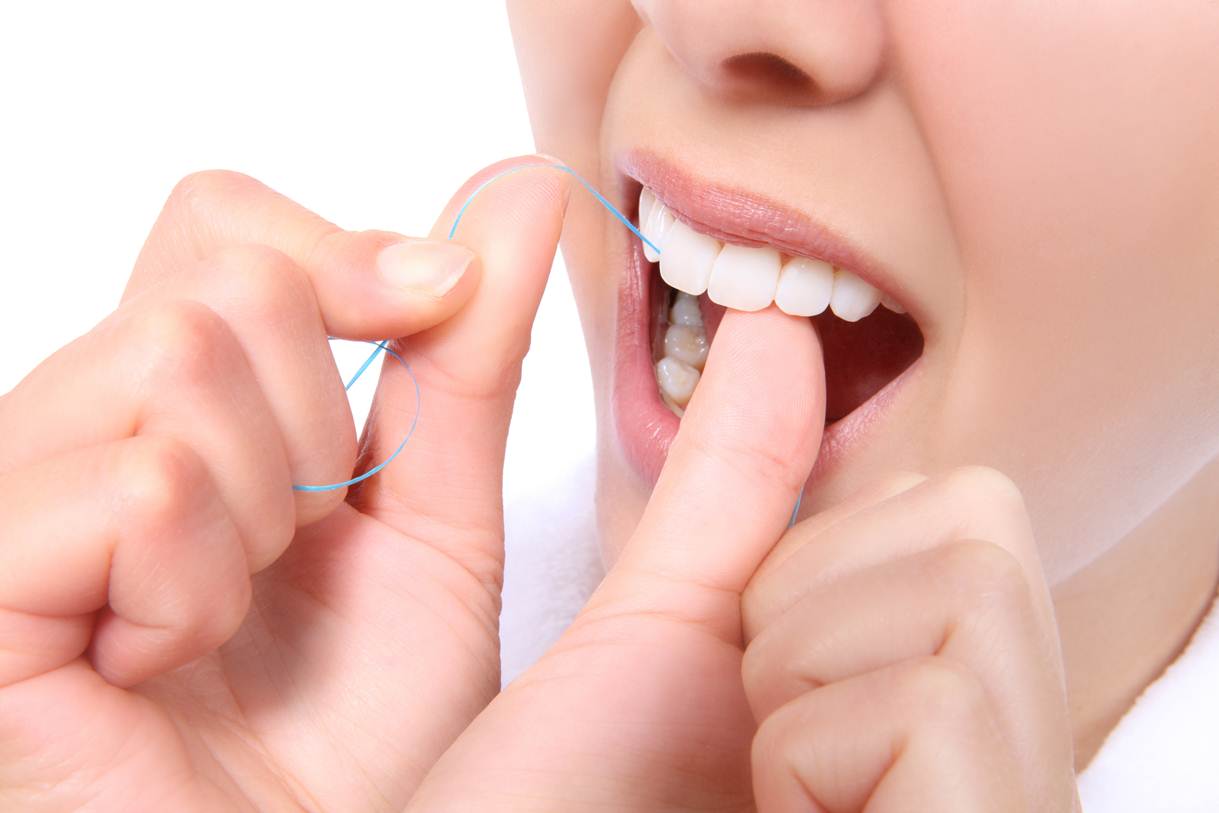
Flossing should be carried out in additional to brushing twice a day. Flossing involves passing dental floss between the teeth and it dislodges food debris from areas you can’t reach with a brush. If you’re not used to flossing, it may take a couple of attempts to get to grips with it, but persevere. It’s not unusual for the gums to bleed when you floss for the first time. However, if your gums continue to bleed, or you notice bleeding when you brush or after you’ve been flossing for a while, see your dentist. Bleeding gums can be a sign of gum disease.
Mouthwash

The jury’s still out on mouthwash. Some people say it’s beneficial for you, while others disagree. If you are using mouthwash, try to avoid rinsing straight after brushing. If you do this, you’ll wash the fluoride off your tooth enamel. Wait around an hour to rinse after brushing. Try to choose products that are alcohol-free. If you have any questions about which products to use, ask your dentist or your dental hygienist.
Seeing your dentist
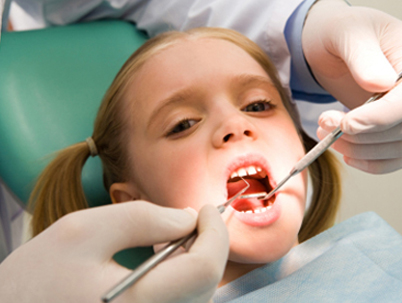
Your daily oral hygiene routine should stand you in good stead when it comes to keeping dental diseases at bay, but it’s also incredibly beneficial to see your dentist on a regular basis. Regular dental checks help to reduce your risk of developing gum disease and tooth decay dramatically. If you do have early warning signs, your dentist can provide treatment to prevent the situation from getting worse. Ideally, you should your dentist every six months. If you have toothache or you notice that your gums are swollen, sore or bleeding, arrange an appointment sooner. This is particularly important in cases of gum disease. Gingivitis (mild gum disease) is treatable. However, if it is left untreated, it can develop into periodontal disease, advanced gum disease. Periodontal disease can cause irreversible damage to the gums and the bone tissue beneath, resulting in premature tooth loss.
Dental phobia
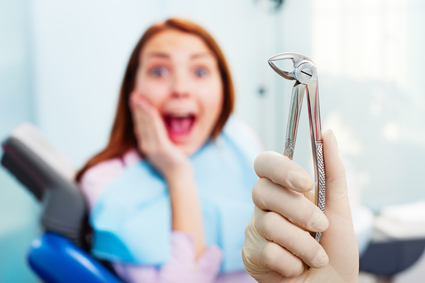
Many people feel anxious about going to the dentist, but a check-up is a completely painless procedure that only lasts a few minutes. If you are worried about going to the dentist, make sure that your dentist knows that you feel nervous. There are lots of different techniques and treatments they can use nowadays to make you feel more comfortable.
Further checking

When you have a check-up, your dentist will also look for signs of oral cancer and answer any questions you have. They might also give your teeth a good clean, so you’ll leave with a bright, healthy looking smile!
Author bio
Sarah is a blogger and copywriter based in Manchester and enjoys writing about a range of different topics. Her favourites include: general health, women’s health, food and diet, wellbeing, sleep, fashion, dental health, beauty and children’s health.
Akshay Sharma
Latest posts by Akshay Sharma (see all)
- Best Single Door Fridge Models Of 2025 Features, Energy Ratings & Price Guide - December 22, 2025
- 5 Critical Things You Must Know for Professional Custom Badge Quality: An Expert’s Guide - November 3, 2025
- Are You Using a Loan Calculator for Second Hand Car Rightly? - October 13, 2025
- Round Steel Tanks: Long-Term Solutions for Water Storage - September 19, 2025
- Embrace the Culture: Syna World Hoodie and Syna World Tracksuit UK - September 13, 2025
- Understand The Reasons Behind What Your Doctor Suggests! – Infographic
- Feel The Essence Of Royalty: The Jaipur Rajwadas
